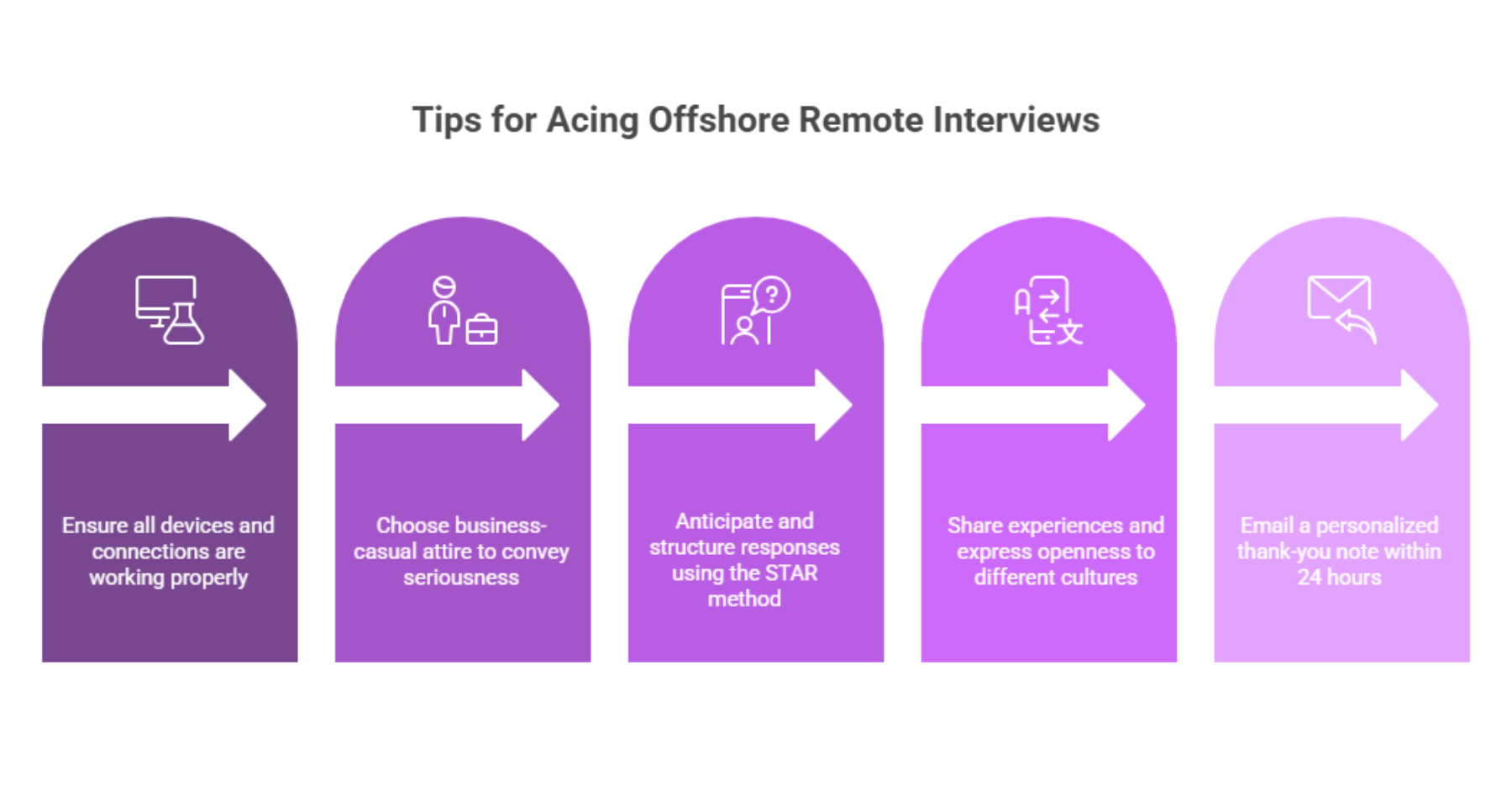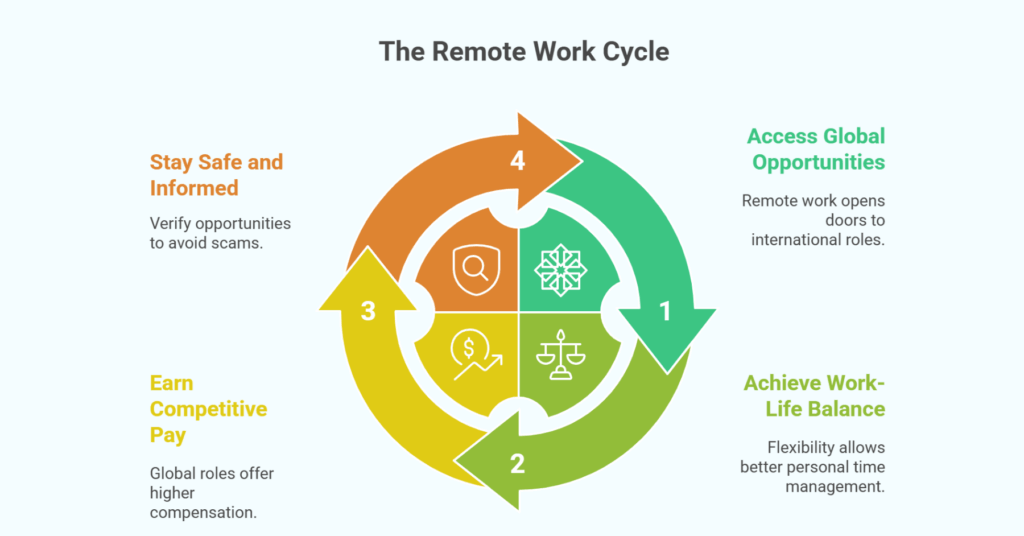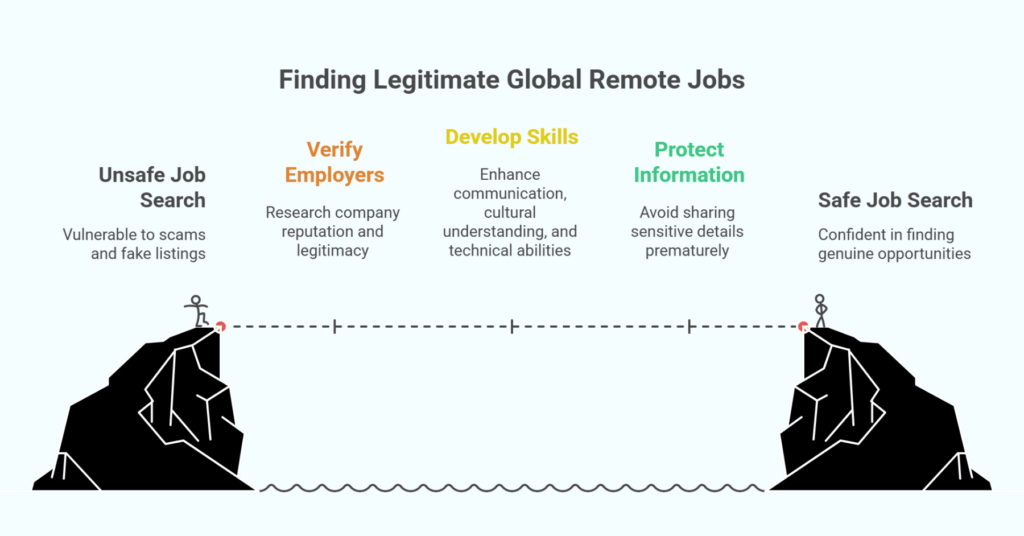“Offshore remote jobs open doors to global careers, offering unparalleled flexibility, diverse opportunities, and the ability to work from anywhere in the world.”
In an increasingly connected world, the traditional boundaries of the workplace have dissolved. Offshore remote jobs empower professionals to collaborate with international companies, explore new cultures, and enjoy unparalleled flexibility—all from the comfort of their chosen workspace. Whether you’re a seasoned digital nomad or seeking a career pivot, offshore remote roles grant access to specialized positions that may not exist locally. From software development and digital marketing to customer support and creative content, global employers are eager to tap into talent pools beyond their borders.
However, finding and landing these opportunities requires strategy. You must know which platforms host genuine international listings, tailor your application materials to remote hiring standards, and navigate time-zone challenges effectively. Additionally, understanding how to vet employers and safeguard against scams is essential. This guide provides a comprehensive roadmap to uncover offshore remote jobs: identifying high-quality sources, optimizing your profile, acing virtual interviews, and maintaining productivity across time zones. Armed with these insights, you’ll be ready to turn your remote work aspirations into reality and embark on a career without borders.
1. Where to Find Offshore Remote Jobs
Exploring the right platforms is crucial to discovering legitimate international remote roles.
-
Specialized Remote Job Boards:
Platforms like Remote OK, We Work Remotely, and FlexJobs curate listings exclusively for remote positions, including offshore roles. These sites vet postings to ensure employers are genuine, reducing the risk of scams. You can filter by industry, experience level, and time zone, streamlining your search. Regularly checking these boards and setting up email alerts keeps you ahead of new opportunities, increasing your chances of securing interviews. -
Freelance Marketplaces with Global Clients:
Upwork, Freelancer, and Fiverr connect independent contractors with clients worldwide. These marketplaces feature a wide range of project types—from short-term gigs to ongoing contracts—and often allow you to set your rates. Client reviews, platform dispute resolution, and milestone-based payments provide additional security. Building a strong profile and gathering positive feedback can lead to higher-value offshore projects and long-term collaborations. -
Company Career Pages of Global Firms:
Many international companies list remote opportunities directly on their own websites. Tech giants, marketing agencies, and startups often maintain “Careers” sections with remote filters. Bookmarking these pages and following companies on LinkedIn can alert you to new openings. Applying directly can sometimes bypass the competition on mass job boards, giving you a direct line to hiring managers. -
Professional Networking and Remote Communities:
LinkedIn groups, Slack channels, and Discord servers dedicated to remote work are treasure troves of insider opportunities. Engaging with these communities allows you to network with recruiters, share referrals, and discover unadvertised roles. Active participation—commenting on posts and offering insights—builds visibility and trust, which can translate into direct job leads and recommendations from fellow remote professionals. -
Niche Industry Platforms:
For specialized fields—such as design (Dribbble), tech (GitHub Jobs), or teaching (VIPKid)—industry-specific platforms host remote roles tailored to your expertise. These niche sites attract employers seeking candidates with very particular skill sets, reducing competition and increasing match quality. Regularly updating your portfolio or code repositories on these platforms ensures you remain visible to employers hunting niche talent.
2. How to Optimize Your Profile and Application
A standout application differentiates you in a crowded global candidate pool.
-
Craft a Remote-Specific Resume:
Emphasize your experience working independently, using remote collaboration tools (e.g., Slack, Trello, Zoom), and meeting deadlines without in-person supervision. Quantify achievements—such as “Delivered 15% faster feature releases through asynchronous collaboration”—to illustrate impact. Highlight time-zone flexibility and language proficiencies if relevant. Tailoring your resume to showcase remote competencies positions you as ready for offshore roles. -
Write a Compelling Cover Letter or Video Introduction:
Address the hiring manager by name, briefly explain why you’re drawn to offshore remote work, and reference the company’s mission. For video cover letters, maintain eye contact, speak clearly, and keep your introduction under 90 seconds. Demonstrating personality and communication skills through video can leave a memorable impression. Always conclude with a call to action, inviting further discussion about how you can contribute to their global team. -
Showcase Relevant Portfolios and Case Studies:
Whether you’re a developer, designer, or writer, a well-organized online portfolio provides tangible proof of your expertise. Include case studies with context, your approach, and measurable outcomes—such as “Increased conversion rates by 20% through optimized landing page redesign.” For code, host projects on GitHub with clear READMEs and documentation. Portfolios that demonstrate remote-friendly project workflows resonate strongly with offshore employers. -
Leverage Keywords and SEO in Your Profile:
Use industry-relevant keywords—like “React developer,” “remote marketing strategist,” or “offshore project management”—throughout your LinkedIn profile and applications. Recruiters and Applicant Tracking Systems (ATS) often scan for these terms. Incorporate them naturally in role descriptions, skills, and headlines to boost visibility. Regularly update your online presence with new achievements to maintain fresh keyword density and improved search rankings. -
Gather and Promote Testimonials:
Client or manager testimonials validating your remote work ethic, communication skills, and results can tip the scales in your favor. Request brief, specific endorsements highlighting collaboration, adaptability, and reliability. Display these on your LinkedIn profile or personal website to build trust. Social proof from diverse international clients demonstrates your ability to succeed in offshore environments.
3. Tips for Acing Offshore Remote Interviews
Interviewing remotely has its nuances; preparation is key to showcasing professionalism and compatibility.
-
Test Your Technology in Advance:
Ensure your internet connection, webcam, microphone, and preferred meeting platform (Zoom, Teams, Google Meet) function flawlessly. Choose a quiet, well-lit space with a neutral background. Technical glitches during an offshore interview create negative first impressions, so plan backups—like a hotspot—if possible. Confidence in your setup underscores your readiness for a remote role. -
Dress Professionally and Mind Your Body Language:
Even from home, opt for business-casual attire to convey seriousness. Maintain eye contact by looking at the camera, sit upright, and nod to signal engagement. Avoid distracting movements and keep hands visible on screen. Clear, confident body language fosters trust, which is essential when hiring managers cannot meet you in person. -
Prepare for Behavioral and Situational Questions:
Expect questions about managing time-zone differences, overcoming remote communication challenges, and demonstrating self-motivation. Use the STAR method (Situation, Task, Action, Result) to structure responses. For example, describe how you coordinated with a team in three different continents to deliver a project on time. Well-prepared examples reassure employers of your remote problem-solving capabilities. -
Demonstrate Cultural Adaptability:
Offshore roles require sensitivity to cultural nuances. Share past experiences collaborating with diverse teams, and express openness to different communication styles and holiday schedules. Asking thoughtful questions about team culture and workflows shows genuine interest and helps assess mutual fit. Cultural adaptability fosters smoother integration and long-term collaboration with offshore colleagues. -
Send a Personalized Thank-You Follow-Up:
Within 24 hours, email a concise thank-you note reiterating your enthusiasm for the role and highlighting a key discussion point. This courtesy underscores professionalism and keeps you top of mind. Briefly recap how your skills address the company’s offshore objectives, reinforcing alignment and strengthening your candidacy.
Solutions Provided by Remote Recruit
Remote Recruit simplifies your search for offshore remote jobs by aggregating verified international listings from reputable companies. For job seekers, the platform offers personalized job matching powered by AI, ensuring you see roles aligned with your skills, experience, and time-zone preferences. You can build a dynamic profile complete with video introductions, portfolio showcases, and client testimonials—making it easy for employers to assess your fit. Remote Recruit also provides interview prep resources, resume optimization tips, and community support to help you stand out.
For employers, Remote Recruit delivers pre-vetted remote candidates, comprehensive screening tools, and streamlined interview scheduling, enabling you to hire top global talent quickly and confidently. With built-in compliance checks and transparent payment processing, Remote Recruit reduces administrative burden and legal risk, allowing you to focus on building effective remote teams. Whether you’re embarking on your first offshore role or scaling an international workforce, Remote Recruit ensures a seamless, end-to-end hiring experience that bridges borders and unlocks global opportunities for everyone.
Conclusion
Finding exciting offshore remote jobs requires a strategic blend of the right platforms, polished personal branding, and mastery of virtual interviewing techniques. By leveraging specialized job boards, optimizing your online presence with SEO-driven resumes and portfolios, and cultivating global networks, you position yourself for success in the competitive international remote job market. Preparedness for remote interviews—through robust technical setups, clear communication, and cultural adaptability—sets you apart as a professional ready for offshore collaboration. Remote Recruit enhances this journey by offering AI-powered matching, comprehensive profile tools, and employer connections that streamline each step of the remote recruitment process. Pursuing offshore remote roles not only broadens your career horizons but also fosters continuous growth, higher earning potential, and exposure to global best practices. Embrace these strategies to secure your passport to global opportunities and build a thriving remote career without borders.
Sign up on Remote Recruit today and start your journey toward exciting offshore remote jobs!
Frequently Asked Questions (FAQs)
1. What qualifies as an offshore remote job?
Offshore remote jobs are positions where you work remotely for a company in a different country, leveraging digital tools to collaborate across borders.
2. How can I avoid scams when searching for offshore remote roles?
Use reputable remote job platforms, verify company credentials, look for clear payment terms, and read peer reviews before applying.
3. Which skills are most in demand for offshore remote jobs?
Tech skills (software development, DevOps), digital marketing, graphic design, customer support, and project management are among the most sought after.
4. How do I handle time-zone differences in offshore roles?
Set clear expectations around overlapping hours, use shared calendars, and employ asynchronous communication tools to maintain collaboration without burnout.
5. How does Remote Recruit help me find offshore remote jobs?
Remote Recruit aggregates vetted international job listings, uses AI to match you with roles fitting your profile, and provides profile optimization and interview support to boost your success rate.




